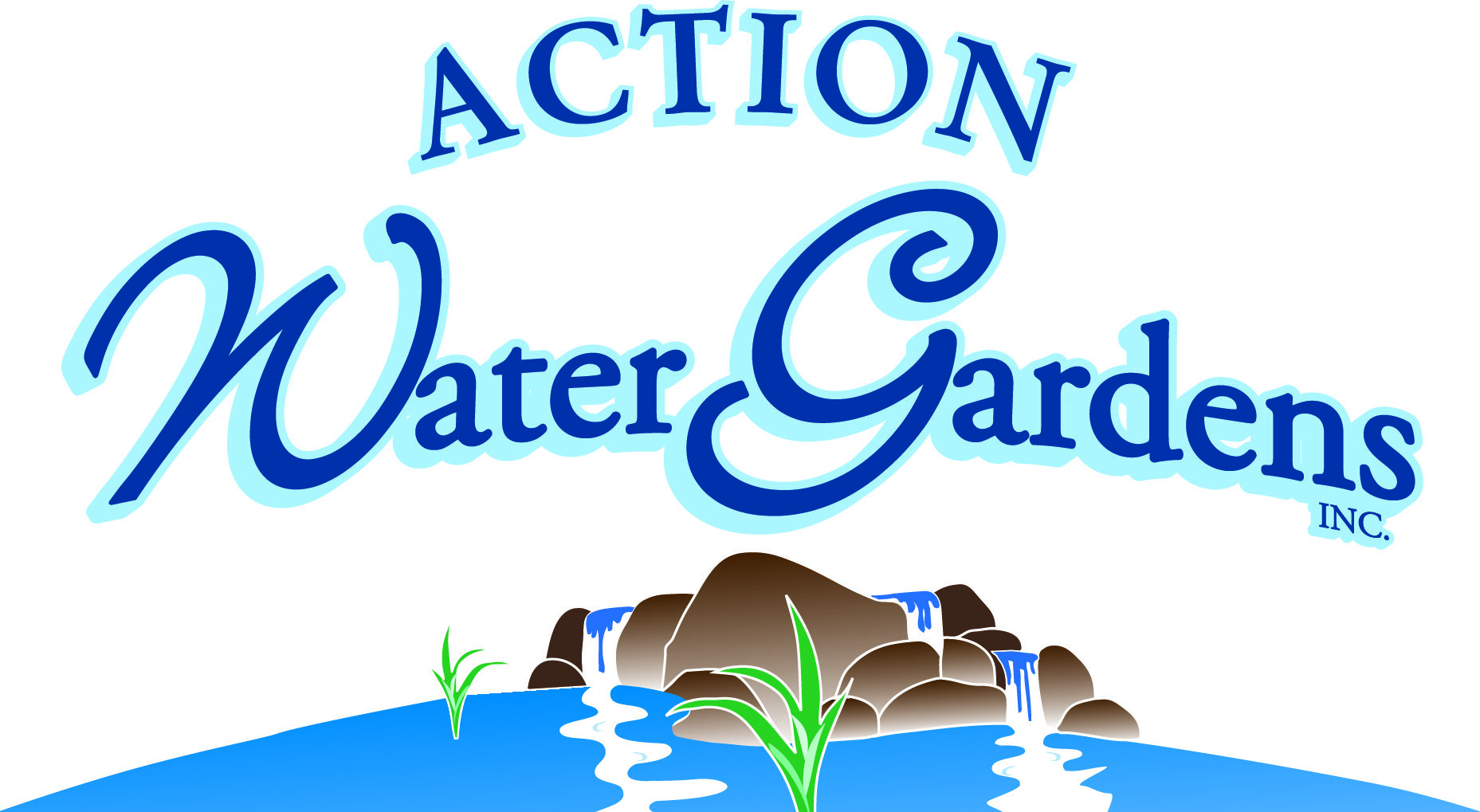Fish Health
Spring is here to stay, finally, and the temperatures are slowly but surely rising. This means we will soon be outside enjoying our ponds, and the fish will slowly begin to re-surface once again.
Unfortunately, with the warmer temperatures in the air our fish become more susceptible to sickness including parasites and infections (bacterial and fungal). Signs of fish illness include but are not limited to: flashing or striking against the rocks, irregular swimming patterns, becoming isolated from the other fish, cloudy or milky skin, bloating, lesions, clouded or cataract-like eyes, and a disinterest in food.
There are a few precautions as pet owners we can take to avoid fish illness. One of the best natural ways to do this is by adding a UV (ultraviolet) sterilizer to the pond. These devices can be plumbed directly in-line with your current filtration system. The pond water passes through the unit in which it is exposed to very powerful rays of light that kill most bacteria, protozoa, and parasites. Another benefit of using an ultraviolet sterilizer is that they will help you maintain crystal clear water by killing any free-floating algae. Replacing the bulb inside the ultraviolet sterilizing unit at least once a season will ensure that it continues to function at its full potential.
For infections that have already taken a hold of your fish you will need to use some sort of medication or water treatment. Aquascapes Praziquantel and/or Bacterial and Ulcer Treatment are both great products for treating a wide variety of symptoms, and are both completely safe for all pond inhabitants.
Knockout can be added in the spring to help treat and also prevent some of these sicknesses. Melafix and Pimafix are also good natural products that you can add as a preventative in the beginning of spring when opening your pond. Both of these products are safe for use with all pond inhabitants.
Keep your fish healthy by helping them build strong immune systems and slime coats. A balanced diet containing vitamin C and essential proteins will help you achieve this. Freshly sliced oranges, vitamin enriched pond fish treats, and watermelon can be fed as an occasional treat to help increase their intake of vitamin C. It is also a good practice to add salt to the pond when you start to notice irregular behavior (flashing against rocks, irregular swimming, body lesions, etc.) As a treatment- 2 lbs. of salt should be added to every 100 gallons of pond water. However, do not let the salt stay at this level for a prolonged period of time- this will only allow the parasites and other infections to become immune to the treatment. When dosing salt it is important to monitor the levels with a device called a salt meter (as to not overdose the pond).
